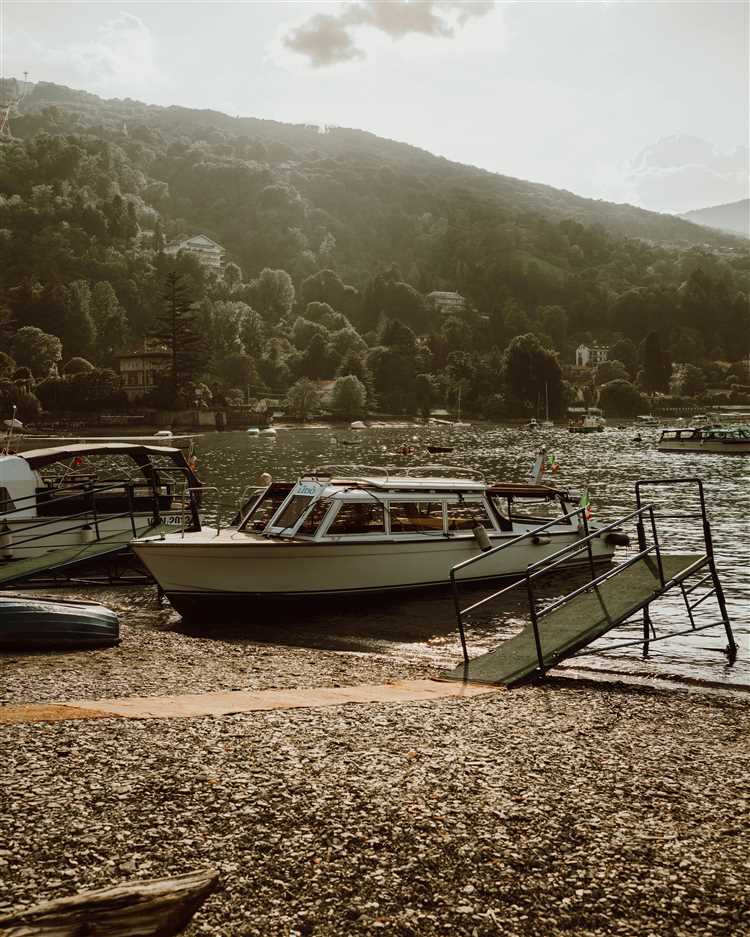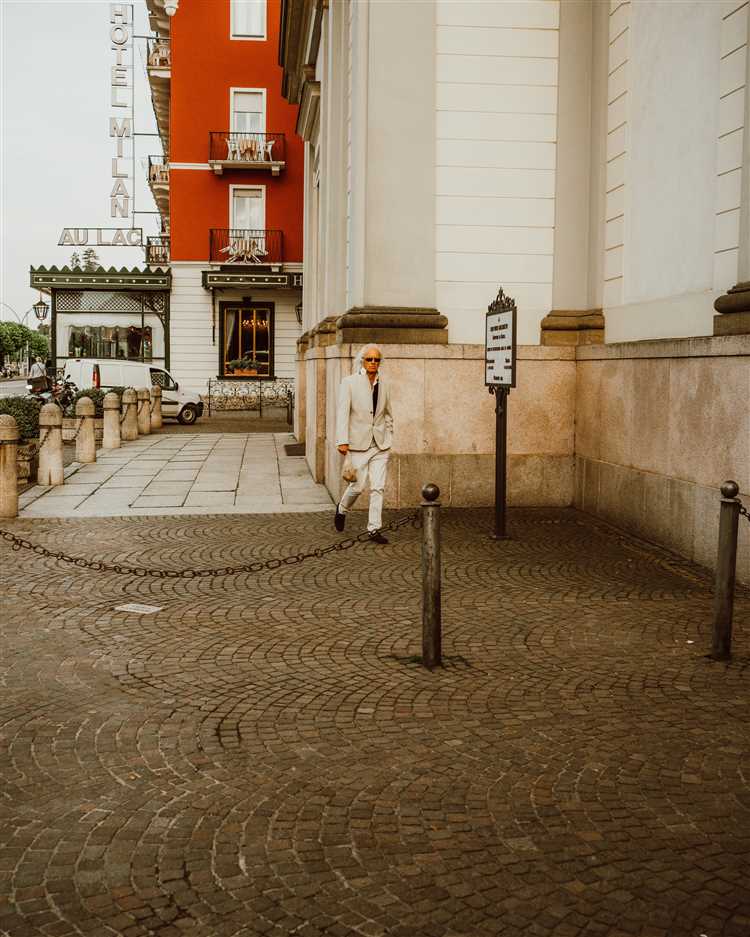
Traveling within your own country can be just as exciting and rewarding as exploring new international destinations. Whether you’re heading to a nearby city or venturing to a remote part of your country, having the right preparation and knowledge can make your trip more enjoyable. A little planning goes a long way in ensuring a smooth and stress-free experience.
Smart packing, understanding local customs, and planning your transportation are just a few of the elements that contribute to a well-executed domestic trip. You’ll also want to make sure you have the right tools and resources to navigate unfamiliar places and handle any unexpected challenges that might arise along the way.
By following these simple yet effective travel tips, you can focus on enjoying your journey rather than dealing with avoidable issues. From saving money to enhancing your safety, the following advice will help you make the most out of your domestic adventures.
Plan for a Smooth Domestic Trip
Effective planning is the cornerstone of a successful domestic trip. Start by researching your destination thoroughly, including transportation options, accommodation, and local attractions. Understanding the geography and climate can help you pack appropriately and avoid surprises.
Make sure to create a detailed itinerary that includes your travel dates, transport schedules, and any booked activities. This will help you stay organized and ensure that you don’t miss out on key experiences. Be sure to allow for flexibility in your plans to accommodate any unexpected changes or detours.
Booking accommodations in advance can save you time and stress, especially in popular tourist areas. Consider location, amenities, and customer reviews to find the best option for your needs. If you’re traveling during peak seasons, early reservations are even more crucial to secure your preferred stay.
Lastly, consider your mode of transport. Whether you’re driving, taking a train, or flying, always check for updates or disruptions to avoid delays. A well-prepared traveler is ready for whatever comes their way, ensuring a smooth journey from start to finish.
Pack Light and Smart for Comfort

One of the easiest ways to make your domestic trip more enjoyable is to pack light. Overpacking can lead to unnecessary stress, especially when navigating through airports, train stations, or unfamiliar places. A well-organized, minimalist approach will allow you to move more freely and comfortably.
Start by focusing on versatile clothing. Choose items that can be mixed and matched easily, allowing you to create different outfits without taking up too much space. Consider the following tips:
- Pack clothing that can be layered for different weather conditions.
- Stick to neutral colors that work well together.
- Choose wrinkle-resistant fabrics to avoid extra ironing.
When it comes to toiletries, keep it simple. Most hotels provide essential items, so there’s no need to carry large bottles. Opt for travel-sized products and consider using solid alternatives to avoid spills and leaks. Some essential items include:
- Toothpaste and toothbrush
- Shampoo and conditioner (travel-size)
- Deodorant and moisturizer
- Medication and essential personal items
For your electronics, bring only the necessary devices and chargers. A portable power bank can be a lifesaver during long travel days. Remember to keep important documents like your ID, tickets, and travel confirmations in an easily accessible pocket or bag.
Finally, invest in a quality, lightweight suitcase or backpack with plenty of compartments. This will help you stay organized and keep your items secure without the need for multiple bags.
Essential Apps for Efficient Travel

In today’s digital age, having the right apps can make your domestic travel experience much smoother. From navigating through unfamiliar cities to managing your itinerary, apps can save time and reduce stress. Here are some essential apps to consider downloading before your next trip:
Navigation and Maps: Use navigation apps like Google Maps or Waze to help you find your way around. These apps provide real-time traffic updates, directions, and alternate routes to avoid delays. Offline maps like Maps.me are also great for areas with limited connectivity.
Travel Itinerary Management: Keep all your travel details in one place with apps like TripIt or Kayak. These apps automatically organize your flight, accommodation, and activity bookings into an easy-to-read itinerary, so you never miss an important detail.
Accommodation and Booking: Apps like Airbnb, Booking.com, and Hotels.com make it simple to find and book accommodations. They allow you to filter by location, price range, and amenities, and often provide customer reviews to help you make the best choice.
Local Transportation: Ridesharing apps such as Uber or Lyft are convenient for getting around cities. You can also use public transportation apps like Citymapper or Moovit to plan bus or subway routes, view schedules, and check for delays.
Language and Translation: If you’re traveling to a region where a different language is spoken, language translation apps like Google Translate can help bridge communication gaps. These apps offer instant translations and voice recognition to make interactions easier.
Expense Tracking: Keep track of your travel expenses with apps like Mint or Expensify. These apps can help you stay within budget by recording your spending and categorizing expenses as you go.
With these essential apps at your fingertips, you’ll be able to travel with ease, stay organized, and maximize your time and resources during your journey.
Understanding Local Culture and Etiquette

When traveling domestically, understanding the local culture and etiquette is essential for a positive and respectful experience. Different regions may have their own customs, behaviors, and social norms that influence how people interact and what is considered polite or inappropriate.
Familiarizing yourself with these cultural differences can help you avoid misunderstandings and foster positive interactions with locals. Here are some common cultural aspects to consider when visiting different parts of your country:
In addition to regional differences, be aware of specific customs that may vary across cultural groups. For example, in some areas, tipping is expected, while in others, it may be considered unnecessary. Similarly, dress codes can vary depending on the local environment or the type of establishment you visit.
By taking the time to learn about local customs and showing respect for cultural differences, you’ll not only enhance your own travel experience but also contribute positively to the community you’re visiting.
How to Save Money on Domestic Travel
Saving money while traveling domestically doesn’t have to mean sacrificing comfort or experiences. With a little planning and the right strategies, you can make the most of your trip without overspending. Here are some effective ways to cut costs while still enjoying your journey:
Book in Advance: Plan and book your transportation and accommodations as early as possible. Booking in advance often leads to better deals, especially for flights, train tickets, and hotels. Look for discounts or deals offered for early reservations.
Use Price Comparison Websites: Take advantage of price comparison tools like Skyscanner, Kayak, or Google Flights to find the best prices for flights and hotels. These sites allow you to compare rates from various providers and book the cheapest option available.
Travel During Off-Peak Times: Avoid traveling during peak tourist seasons or holidays when prices are at their highest. Traveling during the off-season or mid-week can save you money on both flights and accommodations.
Choose Budget-Friendly Accommodation: Instead of staying at expensive hotels, consider more affordable options such as hostels, guesthouses, or vacation rentals. Platforms like Airbnb or Couchsurfing also offer opportunities to stay with locals at lower costs.
Use Public Transportation: Skip costly taxis or car rentals by using local public transportation. Buses, trains, and subways are often much cheaper and provide a more authentic travel experience. Many cities also offer travel passes that can save you money if you plan to use public transit multiple times.
Eat Like a Local: Instead of dining at tourist hotspots, explore local markets, food stalls, or casual eateries where prices are lower, and the food is often more authentic. Trying local street food can also be a great way to experience the culture while saving money.
Take Advantage of Free Activities: Many cities offer free or low-cost activities such as walking tours, museums with free admission days, or outdoor activities like hiking and beach visits. Research free events and attractions in the area before your trip.
By following these simple tips, you can enjoy an affordable domestic trip while making the most of your destination without compromising on quality or experiences.
Stay Safe: Health and Security Tips
Your health and safety should always be a top priority while traveling, whether you’re exploring a new city or relaxing in a familiar destination. By taking a few simple precautions, you can ensure a smooth and worry-free trip. Here are some essential health and security tips to keep in mind:
Keep Emergency Contacts Handy: Before you leave, make sure you have a list of emergency contacts, including local authorities, hospitals, and your country’s embassy or consulate. Store this information in both your phone and a physical copy, just in case.
Stay Hydrated and Eat Well: Maintaining your energy and staying hydrated is crucial, especially if you’re on the go. Drink plenty of water, especially in warmer climates, and try to eat balanced meals to keep your immune system strong.
Pack a Health Kit: Bring a basic first-aid kit with essential items like pain relievers, bandages, allergy medications, and any prescriptions you may need. It’s also a good idea to carry hand sanitizer and disinfecting wipes to prevent illness.
Be Aware of Your Surroundings: Stay alert and aware of your surroundings, especially in crowded or unfamiliar areas. Avoid walking alone at night in poorly lit areas and keep your belongings close to you. Use a money belt or a neck pouch to secure valuables.
Secure Your Belongings: Pickpocketing can be a concern in busy tourist areas. Use anti-theft bags with lockable zippers and RFID-blocking wallets to protect your credit cards and personal information. Never leave valuables unattended, even in hotel rooms.
Know Local Health Risks: Research any health risks specific to your destination, such as the need for vaccinations, mosquito-borne diseases, or water contamination. Take necessary precautions, like using insect repellent or drinking bottled water if recommended.
Follow Safety Guidelines: Pay attention to local safety guidelines, including those related to weather, natural disasters, or local laws. If you’re engaging in outdoor activities, such as hiking or water sports, make sure you understand the risks involved and take appropriate safety measures.
By staying prepared and aware, you can focus on enjoying your trip while minimizing health and safety risks. Prioritize your well-being, and you’ll have a much more enjoyable and stress-free journey.
Maximizing Your Travel Experience
To make the most out of your domestic travel, it’s important to go beyond just visiting the top tourist spots. By immersing yourself in local experiences and staying flexible, you can enhance your journey and create lasting memories. Here are some tips to help you maximize your travel experience:
- Embrace Local Culture: Take time to learn about the local culture, customs, and traditions. Attend local festivals, try regional dishes, and interact with residents to gain a deeper understanding of the place you’re visiting.
- Explore Off-the-Beaten-Path Locations: While popular tourist destinations are often worth visiting, don’t forget to explore lesser-known attractions. Hidden gems such as quiet parks, local markets, or small villages can offer unique and authentic experiences.
- Engage in Outdoor Activities: Many domestic destinations offer amazing outdoor experiences. Consider hiking, biking, kayaking, or visiting natural landmarks that provide an active way to experience the region’s beauty.
When traveling, it’s easy to stick to a rigid schedule, but allowing flexibility in your plans can lead to unexpected adventures. Here’s how to stay open to new opportunities:
- Be Spontaneous: Sometimes the best experiences happen when you least expect them. If you hear about a local event or activity while you’re exploring, be open to adjusting your schedule to take part in it.
- Talk to Locals: Locals often know the best spots that aren’t in the guidebooks. Ask for recommendations on things to do, places to eat, or hidden gems to visit. Their insider tips can make your experience more authentic.
- Stay Longer in Places You Enjoy: If you find a spot that captures your interest, don’t be afraid to extend your stay. Sometimes the most rewarding experiences come from lingering in a place and truly getting to know it.
Finally, keep a travel journal or take photos to capture special moments. Reflecting on your experiences later can help you remember the highlights and share your journey with others.
Maximizing your travel experience is all about being open, engaged, and adventurous. By embracing new experiences and stepping outside your comfort zone, you’ll create a more memorable and rewarding trip.